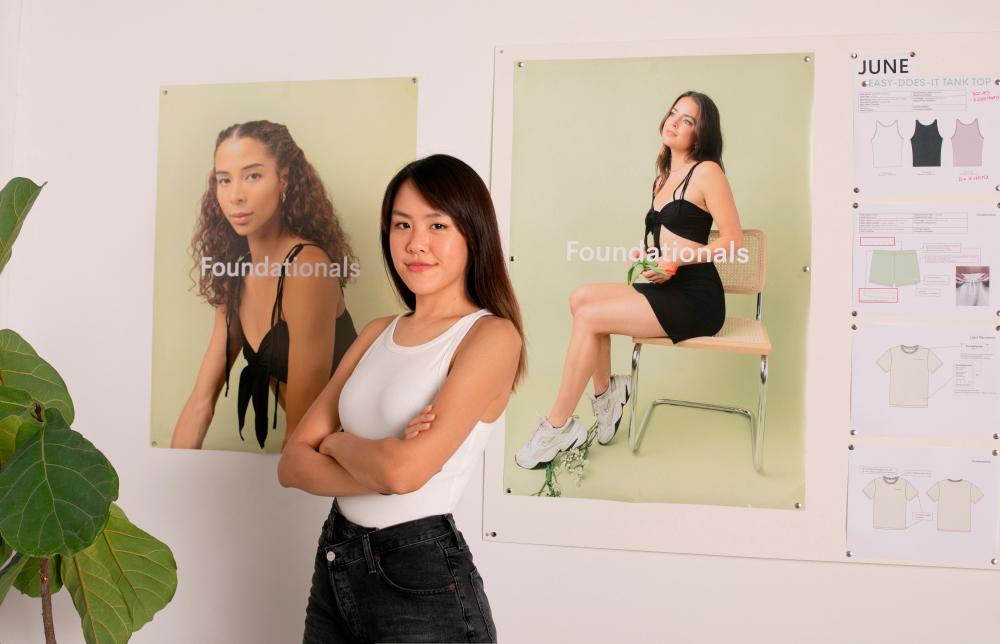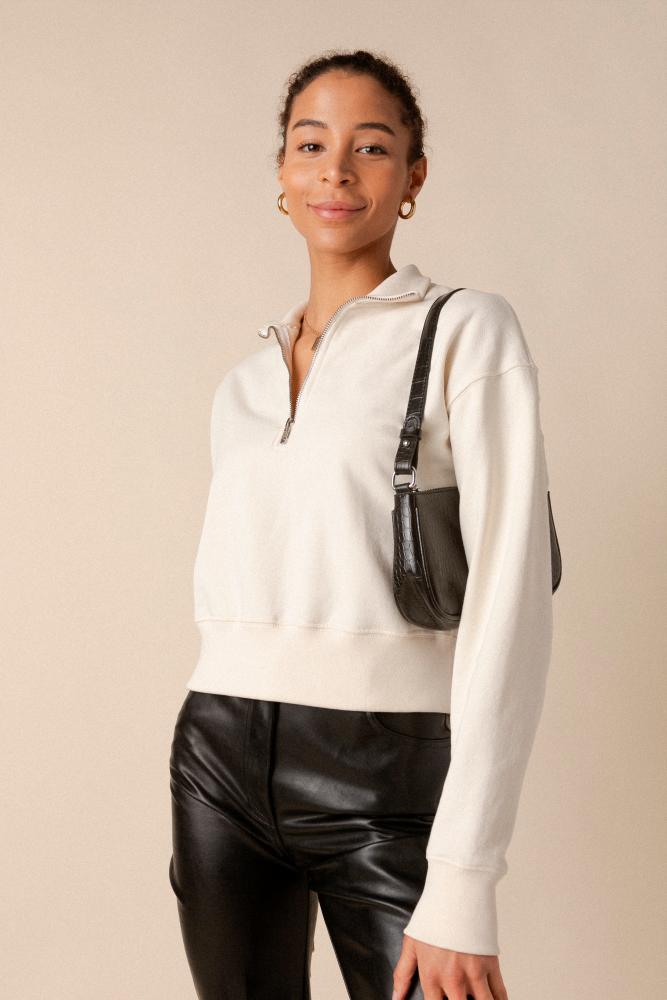SUSTAINABLE clothing is evolving as a new generation of conscious consumers appear on the horizon. Millennials and Gen Z are well caught up with the dramatic paradigm shift in the global fashion and textile industry in response to the discourse of fast fashion’s impact on the environment and biodiversity.
Their relentless demand for transparency and circularity from clean supply chains and agricultural practice to ethical working conditions and fair wages leaves no room for anonymity. However, engaging this new demographic of young and digitally savvy consumers and their demands means adapting to the milieu.
This opportunity pushes brands, old and new to evolve and revise their brand commitments and production values. Although it is never easy to implement meaningful change, it is, however, easy to mindlessly join the sustainability trend as a marketing strategy or a performative measure that could come off as greenwashing.
Small fashion startups and big businesses both have competitive opportunities and responsibilities to make changes – small brands are nimble to navigate while larger companies have the power of influence and resources to move the industry at large in the right direction.
So who better understands the sustainability-minded generation than someone from the generation itself?

This is why 25-year-old University of California, Davis Economics graduate Philene Tan launched eco-conscious fashion brand Foundationals with Tim Tembrink in 2019 after winning a US$20,000 (RM82,000) grant from the YMA Fashion Scholarship Fund, with a mission of bringing accessibly-priced clothing that was made ethically with eco-friendly and sustainably-sourced materials.
“Personally, it wasn’t until I was in college where I took a few courses (Environmental Economics and the Economics of Development) that got me thinking about the environmental, social and ethical impact of industries around the world,” said Tan.
“I realised that it was not only the responsibility of consumers to live a more sustainable, conscious lifestyles but I personally felt that industries, corporations and businesses were the forces that had the power to drive the most change and impact.”
Los Angeles’ laid-back character influenced Foundationals’ style staples as much as Tan’s effortless aesthetic did. Their thoughtfully-designed pieces make full use of high-quality and low-impact sustainable materials, Tencel fabric made of eucalyptus trees, and Recover yarns that blend 52% upcycled cotton and 48% post-consumer recycled plastic bottles with no additional chemical and water treatment.
In addition, mailer packaging, garment hangtags and tote bags are made of 100% regenerated and recycled material.
Tan reveals that one major challenge was finding sustainably-sourced fabrics.
“It’s not always as simple as sourcing organic cotton or typically eco-friendly materials,” she added.
“We are looking at the manufacturer’s facilities – are they well run? Where was the cotton sourced and milled? Is this fabric Oeko-Tex certified? Was it dyed with eco-friendly, Blue-sign certified dyes? Does the mill have any social and environmental certifications?
“We are very meticulous about this whole process because it is the backbone of our brand and we always want to make sure to stay close to our mission, especially as we grow. This makes the process of finding the right materials and suppliers more challenging and time-intensive.”
The scale of sustainability is indeed engulfed in environmental conflict but it also poses much bigger economic, sociopolitical and even human rights disputes that are too deeply ingrained and way too complex beyond our surface comprehension.
Yet, some of the most basic questions like #WhoMadeMyClothes? and #WhatsInMyClothes? are stemmed from the lack of transparency and accountability, where information shared by fashion brands is vague and incomplete, or worse, undisclosed.
To make sure that the brand works with truly socially-responsible factories overseas, Foundationals only produce with facilities if they are well-managed and hold internationally accredited certifications like the SA8000 and WRAP, which require frequent auditing.
“We’ve visited both of our partner factories in Vietnam multiple times and are always so utterly impressed with how well operated and organised they are and how great the quality control and quality of workmanship is,” Tan said.
The brand has even filmed a 360-degree virtual tour of its garment factories and facilities in Ho Chi Minh City, Vietnam, to showcase on its website, with extensive details of the code of conduct and certifications to bring transparency from behind closed doors to the forefront of its business practices through in-depth explanation.
“As a company, we are here to serve a larger purpose than to do good, and by serving our communities and our customers, we can continue to improve and be a part of positive change in the fashion industry.
“Developing more sustainable and transparent business operations is a daily challenge for many companies and being open and honest with your customers and listening to them is the best way to build trust and make real change.”
The promises of overseas manufacturing remain in its cheap production, labour and materials, while some factories’ and suppliers’ complex production system allow secrecy to thrive and create the perfect environment for the injustice of garment workers in the textile industry to fester, but not all Asian clothing factories are unethical sweatshops like the world paints them to be.
None can guarantee a local production is ethically and sustainably superior to an offshore factory.
“I believe that the exploitation of offshore manufacturing is still a major problem in all kinds of industries around the world, especially the garment industry. Besides producing in two of our certified partner factories in Asia, we also make a certain amount of our styles locally, just 10 minutes away from our office in Los Angeles.
“I think that due to years of effort, lobbying and the media shining a light on issues of exploitation of workers, industry norms are evolving for the better and Asian manufacturing has seen a large improvement in terms of ethics and sustainability.”
As Foundationals continues to strengthen its supply chain, growing its team and expanding into new product categories, Tan adds: “I love being a part of driving positive change. Small lifestyle changes done collectively by large groups of people can make a big difference.”



















